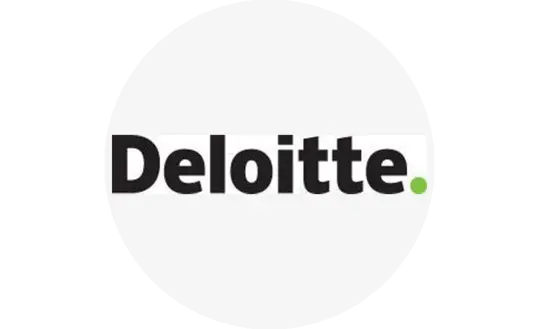Larry Mellon is a Tax Director in the Chief Tax Office, where he is responsible for providing insights, thought leadership and customer-centric direction to Vertex functional groups, supporting the continued expansion of Vertex indirect tax solutions and overall enterprise strategy. He has over 30 years of experience in sales and use tax compliance, risk assessment, jurisdictional audits, administration and management, as well as VAT compliance. Larry joined Vertex in 2005 as a Sales and Income Tax Supervisor and has served as Tax Manager since 2012, where he has played a pivotal role in elevating and advancing the company’s tax management offerings.
Prior to joining Vertex, Larry served as a Senior Tax Accountant and Property Tax Manager at Foamex International, Inc., a polyurethane and advanced polymer foam product manufacturer and marketer. Mellon also held multiple roles at The Franklin Mint and is a member of the Institute of Professionals in Taxation (IPT).


